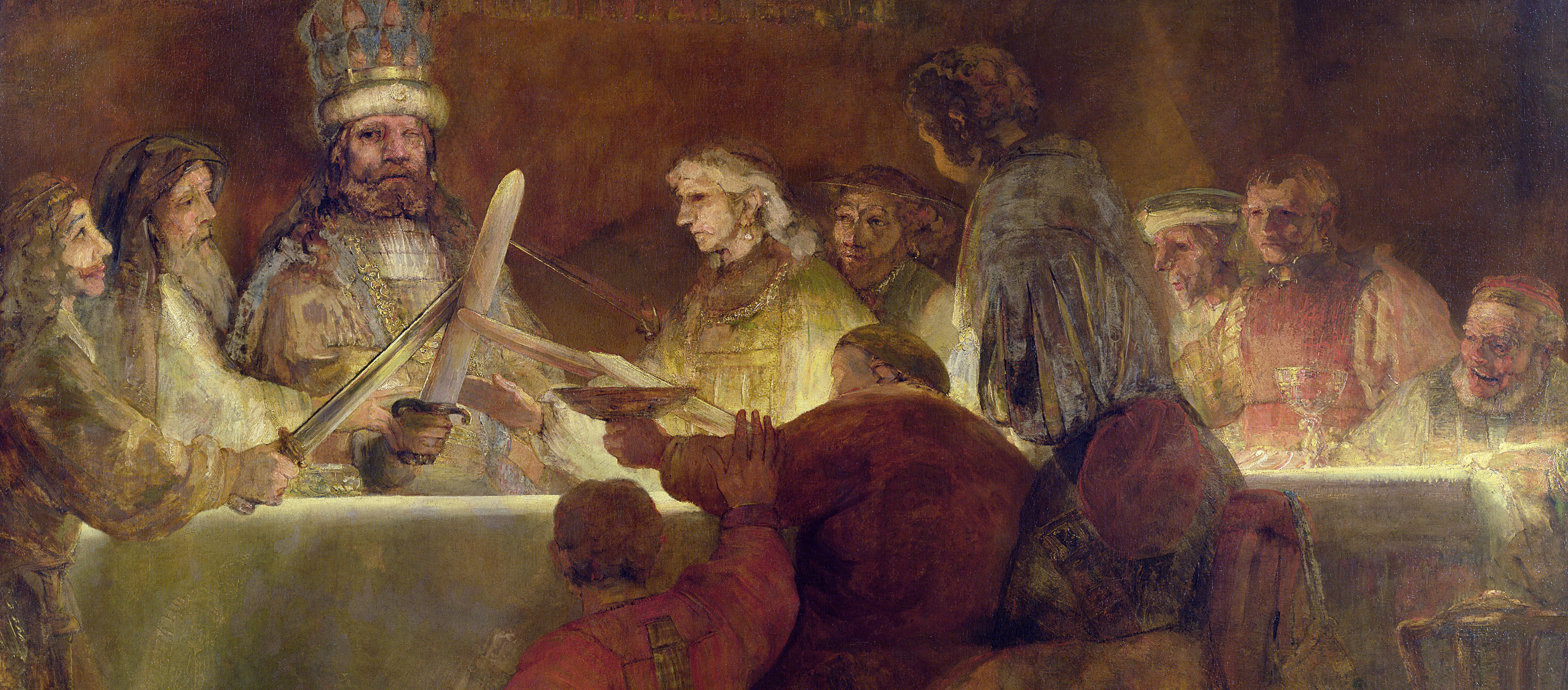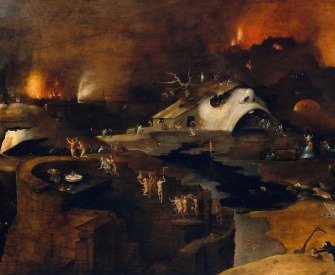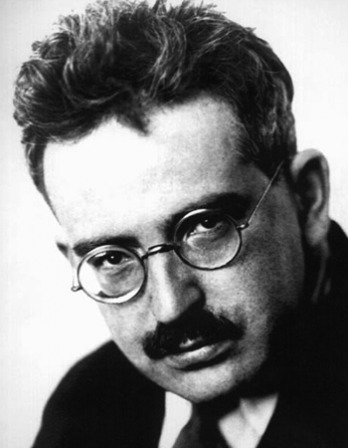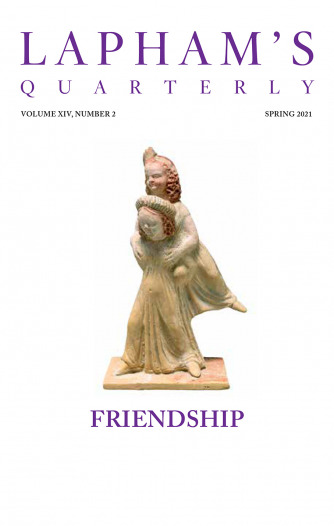Insurrection of thought always precedes insurrection of arms.
—Wendell Phillips, 1859Out of the Barrel of a Gun
The world according to Chairman Mao.
The world is progressing, the future is bright, and no one can change this general trend of history. We should carry on constant propaganda among the people on the facts of world progress and the bright future ahead so that they will build their confidence in victory.
The socialist system will eventually replace the capitalist system; this is an objective law independent of man’s will. However much the reactionaries try to hold back the wheel of history, sooner or later revolution will take place and will inevitably triumph.
We must not become complacent over any success. We should check our complacency and constantly criticize our shortcomings, just as we should wash our faces or sweep the floor every day to remove the dirt and keep them clean.
It is up to us to organize the people. As for the reactionaries in China, it is up to us to organize the people to overthrow them. Everything reactionary is the same; if you don’t hit it, it won’t fall. This is also like sweeping the floor; as a rule, where the broom does not reach, the dust will not vanish of itself.
We are advocates of the abolition of war, we do not want war; but war can only be abolished through war, and in order to get rid of the gun it is necessary to take up the gun.
A revolution is not a dinner party, or writing an essay, or painting a picture, or doing embroidery; it cannot be so refined, so leisurely and gentle, so temperate, kind, courteous, restrained, and magnanimous. A revolution is an insurrection, an act of violence by which one class overthrows another.
In transforming a backward agricultural China into an advanced industrialized country, we are confronted with arduous tasks, and our experience is far from adequate. So we must be good at learning.
Apart from their other characteristics, the outstanding thing about China’s 600 million people is that they are “poor and blank.” This may seem a bad thing, but in reality it is a good thing. Poverty gives rise to the desire for change, the desire for action, and the desire for revolution. On a blank sheet of paper free from any mark, the freshest and most beautiful characters can be written, the freshest and most beautiful pictures can be painted.
What is a true bastion of iron? It is the masses, the millions upon millions of people who genuinely and sincerely support the revolution. That is the real iron bastion that it is impossible, and absolutely impossible, for any force on earth to smash. The counterrevolution cannot smash us; on the contrary, we shall smash it. Rallying millions upon millions of people round the revolutionary government and expanding our revolutionary war, we shall wipe out all counterrevolution and take over the whole of China.
Class struggle, the struggle for production, and scientific experiments are the three great revolutionary movements for building a mighty socialist country. These movements are a sure guarantee that communists will be free from bureaucracy and immune against revisionism and dogmatism, and will forever remain invincible.
A communist must never be opinionated or domineering, thinking that he is good in everything while others are good in nothing; he must never shut himself up in his little room, or brag and boast and lord it over others.
“Fewer and better troops and simpler administration.” Talks, speeches, articles, and resolutions should all be concise and to the point. Meetings also should not go on too long.
For a military school, the most important question is the selection of a director and instructors and the adoption of an educational policy.
The world is yours, as well as ours, but in the last analysis, it is yours. You young people, full of vigor and vitality, are in the bloom of life, like the sun at eight or nine in the morning. Our hope is placed on you.
The atom bomb is a paper tiger which the U.S. reactionaries use to scare people. It looks terrible, but in fact it isn’t. Of course, the atom bomb is a weapon of mass slaughter, but the outcome of war is decided by the people, not by one or two new types of weapon.

The Conspiracy of the Batavians Under Claudius Civilis, by Rembrandt van Rijn, c. 1661. Nationalmuseum, Stockholm, Sweden.
Things develop ceaselessly. It is only forty-five years since the revolution of 1911, but the face of China has completely changed. In another forty-five years, that is, in the year 2001, or the beginning of the twenty-first century, China will have undergone an even greater change. She will have become a powerful socialist industrial country. And that is as it should be. China is a land with an area of 9.6 million square kilometers and a population of 600 million people, and she ought to have made a greater contribution to humanity. Her contribution over a long period has been far too small. For this we are regretful.
But we must be modest—not only now but forty-five years hence as well. We should always be modest. In our international relations, we Chinese people should get rid of great-power chauvinism resolutely, thoroughly, wholly, and completely.
Our purpose is to ensure that literature and art fit well into the whole revolutionary machine as a component part, that they operate as powerful weapons for uniting and educating the people and for attacking and destroying the enemy, and that they help the people fight the enemy with one heart and one mind.
Every communist must grasp the truth, “Political power grows out of the barrel of a gun.”

Mao Zedong
From Quotations from Chairman Mao Zedong. The first edition of “The Little Red Book,” containing excerpts from Mao’s collected writings and speeches, was published under the direction of Lin Baio in 1964, and within a few years it became almost required reading throughout China. It is now considered one of the most-printed works in history. Mao served as chairman of the People’s Republic of China from 1949 to 1959 and remained head of the Communist Party until he died at the age of eighty-two in 1976.



